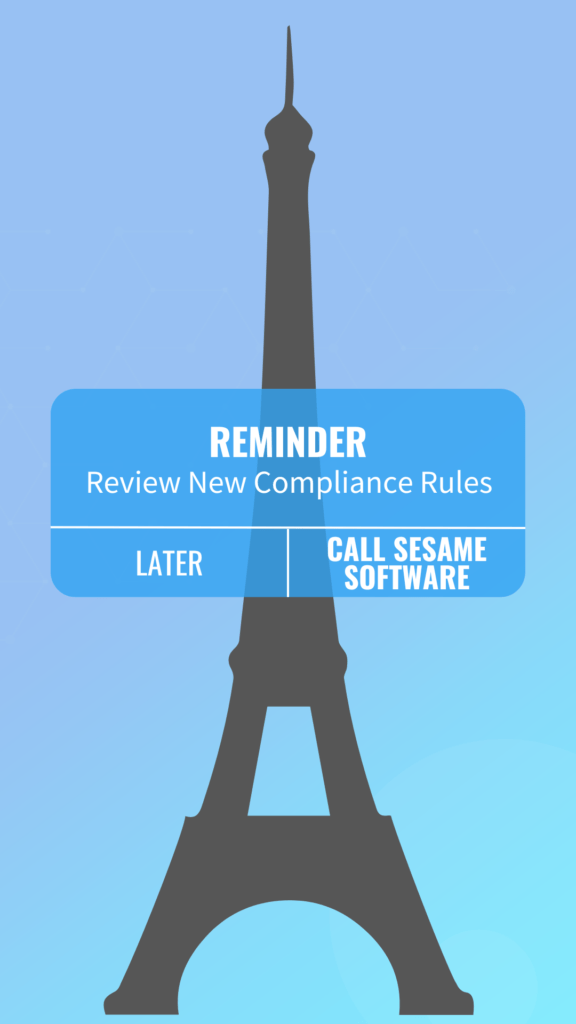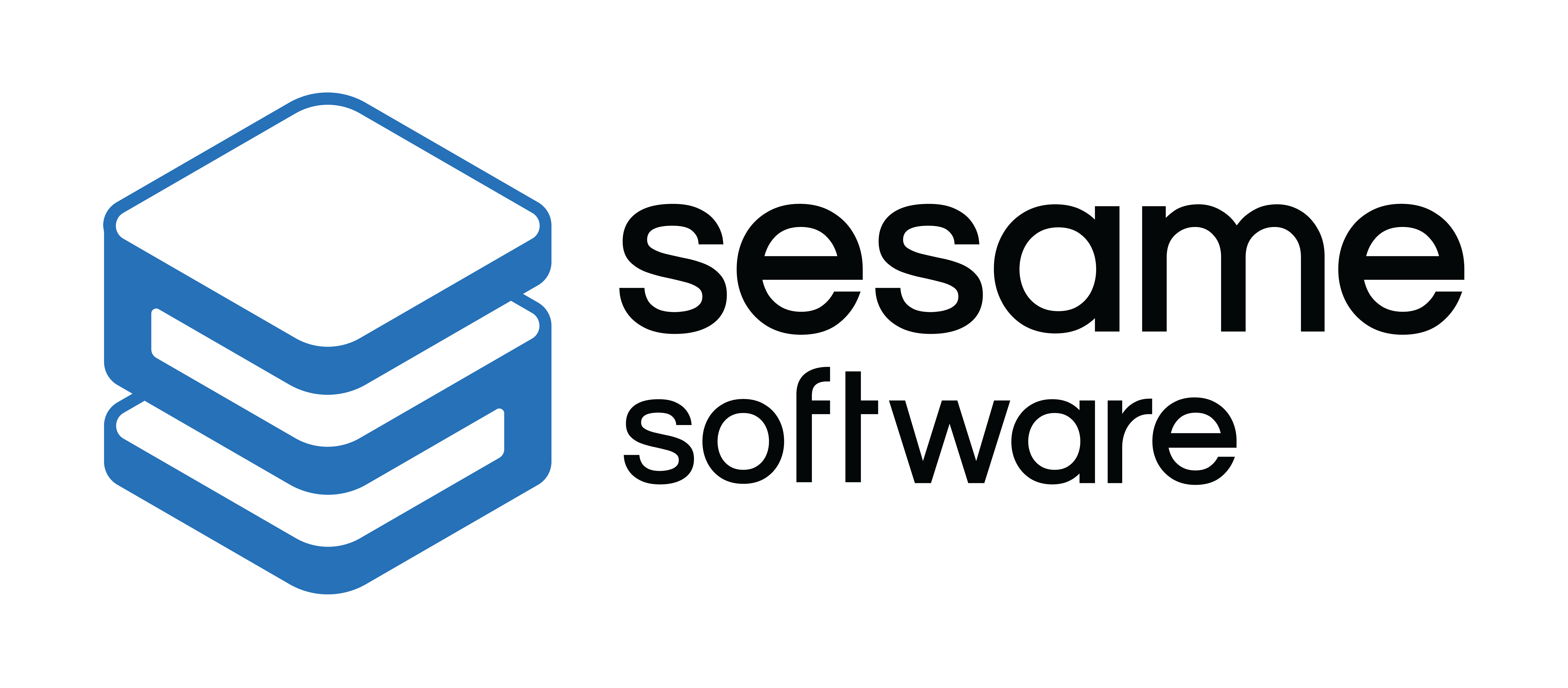Data Compliance Reform: France Announcing New Regulations
- Jun 26, 2023
- 3 min read
Updated: Sep 3, 2025
Sesame Software as a Building Block for the Future
Data compliance is of utmost importance in today’s digital landscape. It ensures the responsible handling and protection of personal and sensitive information, fostering trust between organizations and customers. Prioritizing data compliance builds a secure digital ecosystem that respects privacy and upholds data integrity.
Regulatory Compliance
Data management is an essential aspect of modern businesses operating in a data-driven landscape. It involves adhering to rules, standards, and guidelines established by regulatory bodies to ensure the proper handling, protection, and privacy of sensitive data.
Data Management Compliance
Data management compliance encompasses various aspects, including data storage, access control, data sharing, and data retention, all aimed at mitigating risks and maintaining the integrity of information.
Location-Based Compliance
Furthermore, location-based compliance refers to the specific regulations and requirements associated with the geographic location or jurisdiction in which data is stored or processed. It entails understanding and complying with the unique legal and regulatory frameworks that govern data management practices in different regions, ensuring that businesses operate within the boundaries of local laws and safeguard the privacy rights of individuals.
French E-Invoicing Mandates
France is implementing mandatory continuous transaction controls (CTCs) in 2024, which include e-invoicing and e-reporting. This move is part of a global effort to fight fraud, reduce costs, monitor economic activity, and increase efficiency. The new French framework involves a public platform and central directory to handle e-invoices and track their lifecycle.
The rollout of these requirements will take place from July 2024 to January 2026. The government hopes that this extended timeline will give businesses enough time to prepare for the reform. However, companies should start preparing now.

Key Dates:
July 1st, 2024: All companies in France must accept e-invoices through the CTC system from their suppliers. The largest enterprises must issue e-invoices according to the CTC regime.
January 1st, 2025: 8,000 mid-sized companies will be required to comply with the e-invoicing and e-reporting obligation.
January 1st, 2026: All remaining medium and small companies will come under the mandate. These businesses face challenges in preparing for the mandate, as their current IT and manual processes may not be suitable.
A unified view of data is crucial for any organization, but these mandates mean there is much more to consider when looking at data management systems. Using Sesame Software can be helpful when considering these new mandates for several reasons:
Seamless integration with existing systems. Sesame Software can integrate with existing IT systems and processes, making the transition to the new requirements smoother. It can connect with ERP systems, billing software, and other relevant applications, reducing manual effort and errors.
Data management and reporting. Here, business intelligence platforms and products should be considered. Sesame Software’s data management capabilities allow businesses to handle large volumes of data. This includes data generated by e-invoicing and e-reporting. It can securely store and organize invoices and related data, ensuring compliance with data retention requirements. Additionally, using Sesame Software can aggregate information for reports required for tax compliance and auditing purposes.
Scalability and adaptability. Sesame Software is designed to be scalable, accommodating the needs of businesses of all sizes. As the mandate expands to include different categories of companies over time, our solution can easily adapt without disrupting business operations.
Monitoring and analytics. Sesame Software can provide near real-time monitoring and data analytics capabilities, enabling businesses to track the status of their e-invoices. It can generate insights into invoice processing times, payment statuses, and overall compliance metrics. These metrics empower businesses to optimize their processes and identify potential areas for improvement.
As mentioned, the upcoming mandates in France are following the global trend that businesses should prepare for. Sesame Software is a valuable tool for businesses navigating the new e-invoicing and e-reporting mandates regardless of location. It offers a way to streamline compliance, integrate with existing systems, and attain insights for improved decision-making and efficiency.
Conclusion
These days, companies are gathering as much data in a week as they might have previously collected in an entire year, but a recent report found companies utilize less than 20% of it. As technology and business change, so does the way your organization consumes data will evolve as well, especially so non-technical teams can easily access and utilize it.
Without being able to put this data to work, your team is wasting valuable time and resources. Data blending can eliminate data silos, speed up decision-making, and provide clarity of focus.
Not sure where to start?
We can help. Schedule a demo of Sesame Software today to discuss how we can help create a unified view of your data by bringing it all to one place with instant connections to on-premise or cloud enterprise applications or databases.



